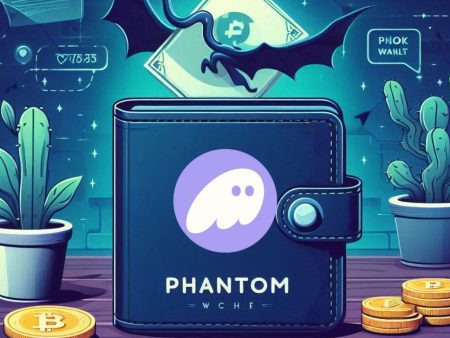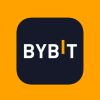Non-custodial wallets, with their high security and full asset control, are becoming increasingly popular in the crypto world. You might be wondering about the details, the most trusted wallet options, and how to use them safely. This article by TopCoin9 will help you understand better and make the right choice for effective usage.
What Are Non-Custodial Wallets?
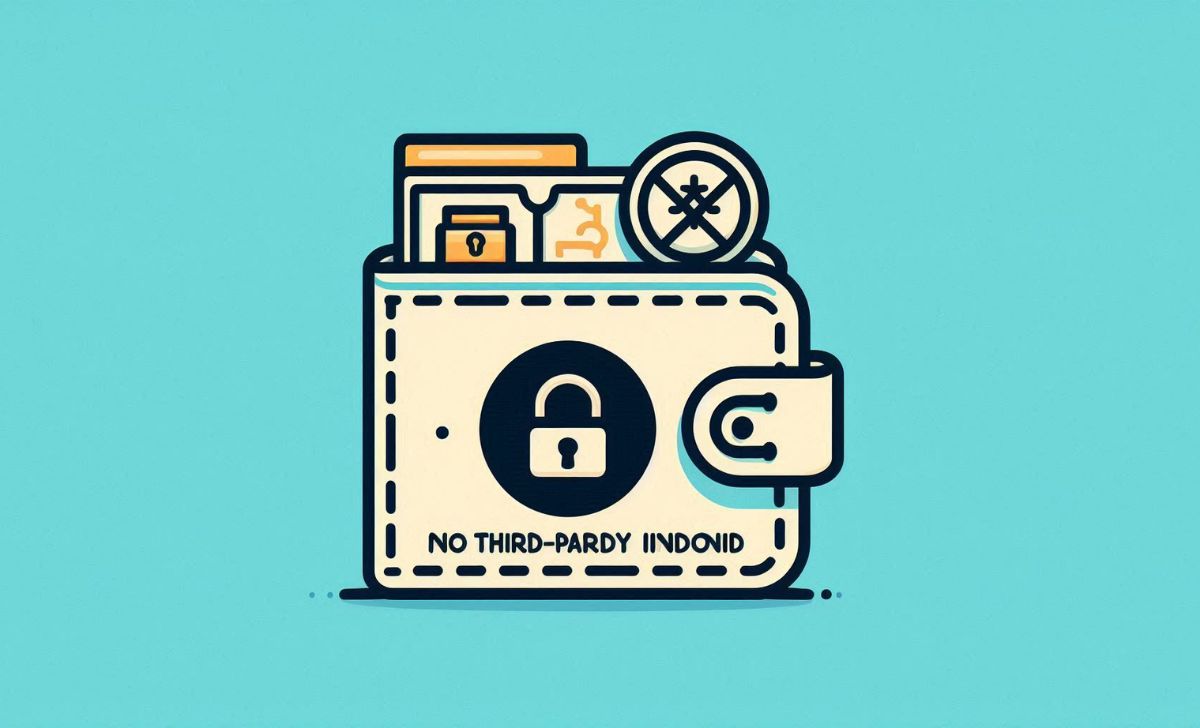
Before choosing the right wallet, it’s crucial to understand what non-custodial wallets really are and how they differ from other options.
A non-custodial wallet allows you to be the sole owner of your private keys and funds. This means you don’t rely on any centralized entity, like an exchange or third party, to store your crypto. With this kind of wallet, you are the only one in charge of your security and access.
Unlike custodial wallets, where the service provider holds the keys on your behalf, self-custody crypto wallets let you take full responsibility. This approach provides more freedom, privacy, and resistance to censorship. These are often referred to as private key control wallets, as they empower users to store and manage their own keys without delegation.
If you’re looking for a crypto wallet tutorial to guide you through this process, many resources can show you how to set up and manage these wallets securely.
To learn how to choose the most secure and user-friendly non-custodial wallet, let’s explore the key features you should prioritize.
Key Features of the Best Non-Custodial Wallets
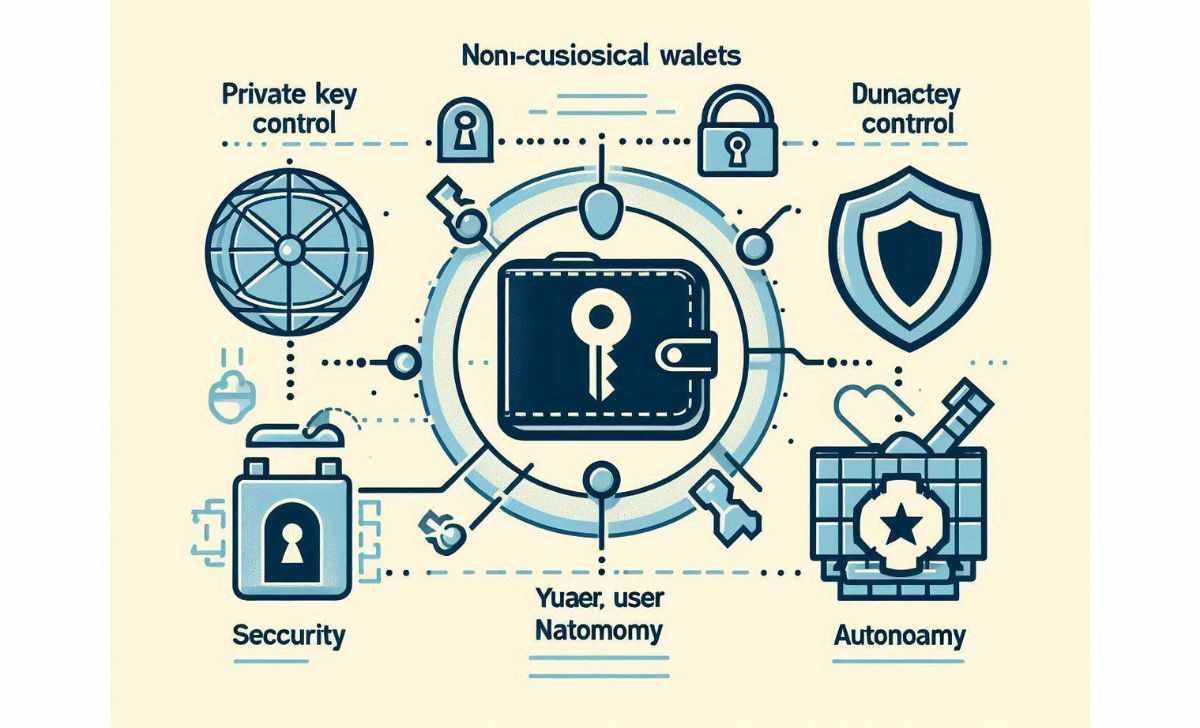
To make an informed choice, it’s important to identify what makes the best non-custodial wallets stand out from the rest.
When choosing a wallet, consider the following must-have features:
- Security: Look for strong encryption, secure backups, and options like biometric or password protection.
- Coin Compatibility: A good wallet should support multiple cryptocurrencies and tokens.
- Ease of Use: User-friendly interfaces make it easier to manage your assets, especially for beginners.
- Cross-Device Availability: Mobile, desktop, and browser extension support can improve flexibility.
- Community Trust: Open-source code and positive reviews from the crypto community boost credibility.
These traits are especially crucial in private key control wallets, where your security depends entirely on how you handle access to your keys — setting the benchmark for wallet quality. With these standards in mind, let’s move on to explore the most trusted non-custodial wallets available today.
Best Non-Custodial Wallets to Maximize Asset Ownership

There’s a wide range of wallets out there, but only a few stand out when it comes to full asset control. Below are the best non-custodial wallets trusted by the crypto community.
MetaMask
MetaMask is the go-to wallet for Ethereum and Web3 users. It offers browser and mobile support, private key control, and seamless interaction with decentralized applications (DApps). It’s also considered one of the best wallets for NFTs, as it integrates easily with the NFT marketplaces, making it a top choice for crypto enthusiasts looking to manage their digital collectibles.
Trust Wallet
Despite being owned by Binance, Trust Wallet remains a non-custodial wallet. It supports over 160 cryptocurrencies and provides staking, NFT storage, and a DApp browser. It’s considered one of the most popular free crypto wallets, making it a great choice for beginners and advanced users alike.
Exodus
Known for its modern design and simplicity, Exodus is perfect for beginners. It supports various assets and allows users to retain full control over their keys.
Electrum
For Bitcoin users, Electrum is a powerful lightweight wallet offering advanced features like multi-signature and hardware wallet integration. It’s highly respected for security and speed.
Atomic Wallet
Atomic Wallet offers support for over 500 coins, private key control, and integrated staking. It’s a strong choice among private key control wallets for those prioritizing decentralization and self-reliance.
With the top wallets covered, let’s weigh the pros and cons to understand if self-custody is right for you.
Pros and Cons of Non-Custodial Wallets
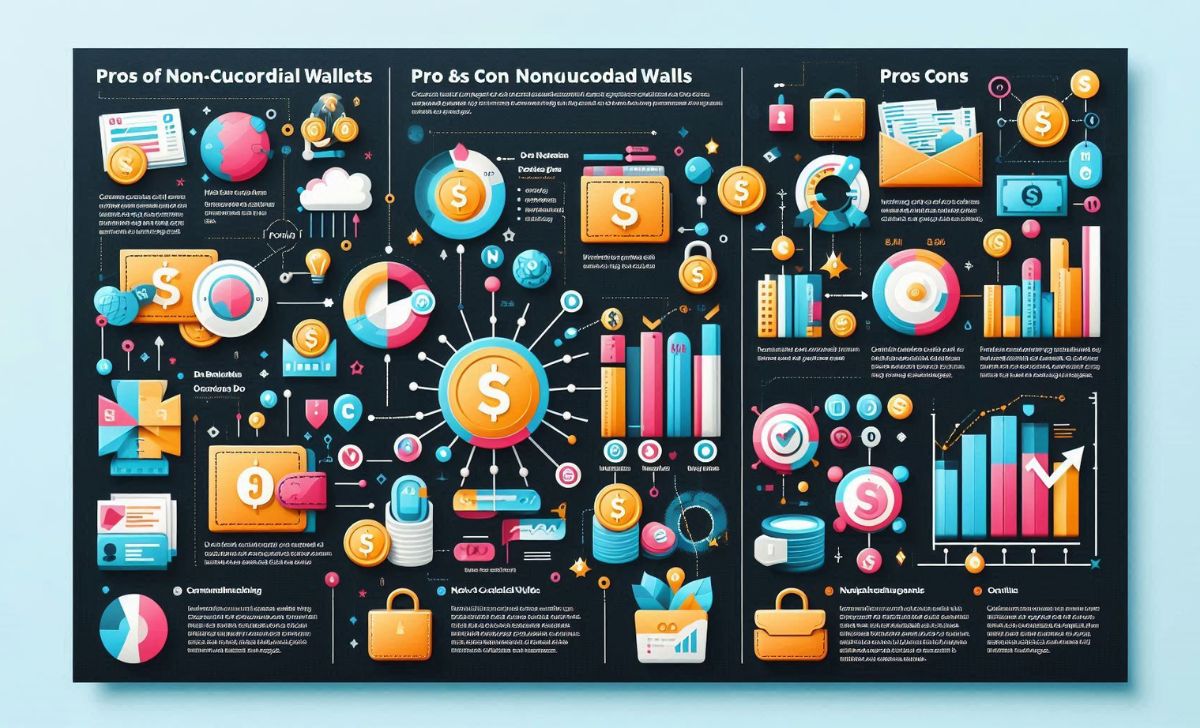
Every solution has its strengths and trade-offs. Let’s break down the key benefits and challenges of using self-custody crypto wallets.
Pros:
- Complete ownership of funds
- Enhanced privacy and independence
- No risk of centralized hacks or account freezes
Cons:
- If you lose your recovery phrase, your funds are gone
- Higher responsibility for security
- May be harder to use for crypto beginners
When using private key control wallets, users must be cautious—losing credentials means losing access. To navigate this safely, let’s explore best practices for non-custodial wallet usage.
How to Use Non-Custodial Wallets Safely
If you’re new to managing your own crypto wallet, here are some best practices to protect your assets.
- Backup your recovery phrase: Write it down and store it securely offline.
- Use trusted sources only: Always download wallet apps from official websites or app stores.
- Enable additional security: Use PIN codes, biometric locks, or hardware wallet integration.
- Keep software up to date: Updates often include vital security fixes.
Most importantly, since private key control wallets give you full responsibility over your funds, staying informed and cautious is your best defense.
Non-custodial wallets empower you with full control over your crypto assets, offering both freedom and responsibility. Choosing the right wallet and using it safely is key to a secure crypto journey. Visit the knowledge section of TopCoin9 to learn more about crypto wallets and how to use them effectively.

Sophia Mitchell is a passionate crypto educator with 6+ years of experience in blockchain training and community building. She has led educational initiatives for major crypto platforms and now empowers the TopCoin9 audience with valuable insights into Web3, staking, and DeFi.
Email: [email protected]


